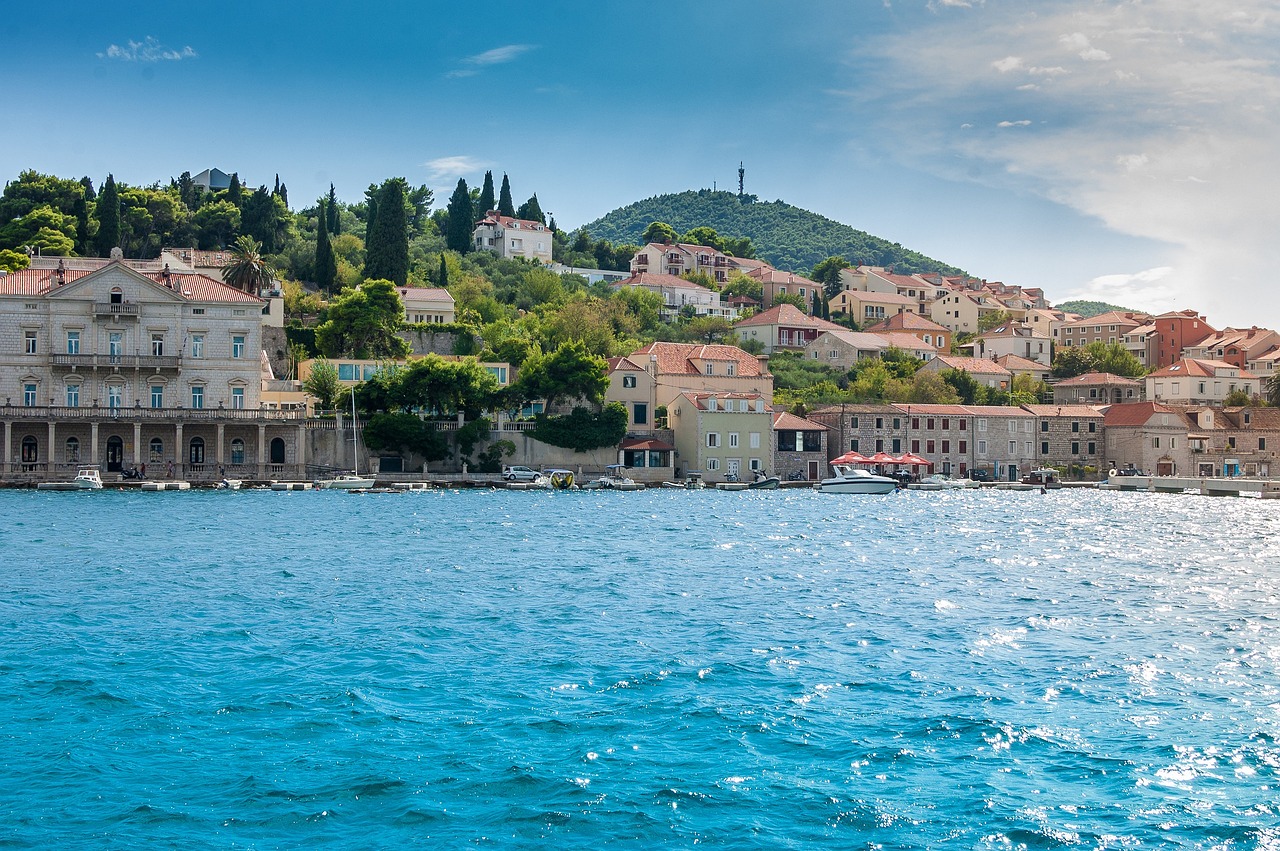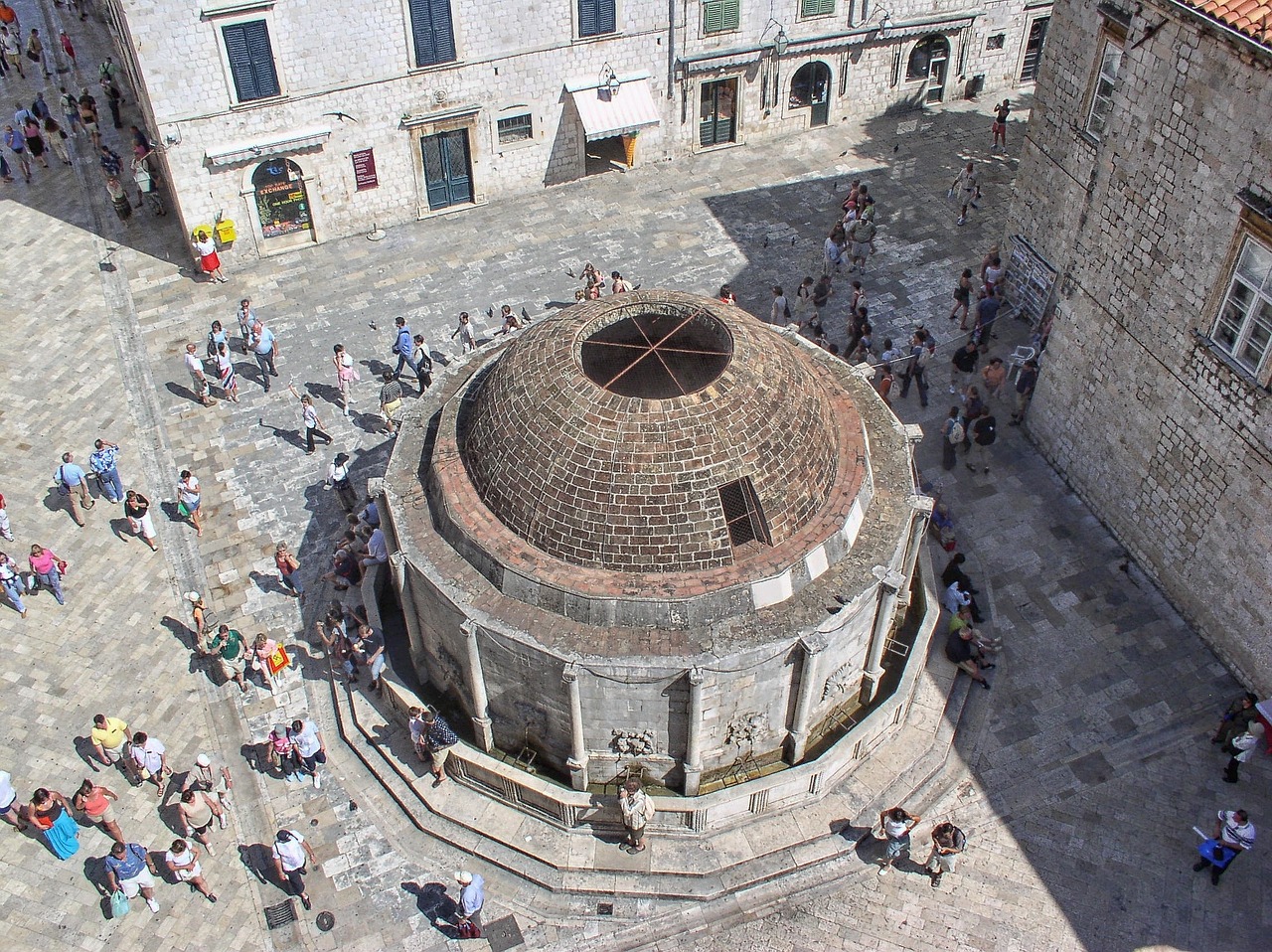Safety Tips for Remote Workers in Croatia
In recent years, the number of remote workers has been steadily increasing, and Croatia has become an attractive destination for those seeking a change of scenery while continuing their work remotely. However, it is important for remote workers in Croatia to prioritize their safety and well-being. This article will provide you with essential safety tips to ensure a secure and enjoyable remote working experience in Croatia.
Understanding the Local Laws and Regulations
Before embarking on your remote work journey in Croatia, it is crucial to familiarize yourself with the local laws and regulations. This includes understanding employment laws, taxation requirements, and any specific regulations related to remote work. Consulting with a local legal expert or contacting the Croatian government’s official website can provide you with accurate and up-to-date information.
- Employment Laws: Ensure that you comply with the Croatian labor laws, even as a remote worker. Familiarize yourself with regulations regarding working hours, overtime, and employment contracts.
- Taxation Requirements: Understand your tax obligations as a remote worker in Croatia. Determine whether you need to pay taxes locally or in your home country, and seek advice from a tax professional to ensure compliance.
- Visa and Residency: If you plan to stay in Croatia for an extended period, research the visa and residency requirements. Make sure you have the necessary permits and documents to legally reside and work in the country.
Secure Internet Connection
Having a secure internet connection is vital for remote workers, as it ensures the safety of your personal and work-related information. Follow these tips to maintain a secure internet connection while working remotely in Croatia:
- Use a Virtual Private Network (VPN): Utilize a reliable VPN service to encrypt your internet connection and protect your data from potential hackers or unauthorized access.
- Secure Wi-Fi Networks: When connecting to public Wi-Fi networks, ensure they are secure and password-protected. Avoid accessing sensitive information or making financial transactions on unsecured networks.
- Update Software and Antivirus: Regularly update your operating system, applications, and antivirus software to protect against known vulnerabilities and malware attacks.
Personal Safety
While Croatia is generally a safe country, it is essential to prioritize personal safety as a remote worker. Follow these guidelines to ensure your well-being:
- Stay Informed: Stay updated on the current safety situation in the areas you plan to visit or reside in. Monitor local news and official travel advisories to make informed decisions.
- Secure Accommodation: Choose reputable accommodations with proper security measures. Lock your doors and windows, and store valuable belongings in a safe or secure location.
- Emergency Contacts: Save important local emergency contacts, including the police, ambulance, and embassy, in your phone or notebook.
Health and Medical Services
Taking care of your health and having access to medical services is crucial, especially when working remotely in a foreign country like Croatia. Consider the following tips to prioritize your well-being:
- Travel Health Insurance: Obtain comprehensive travel health insurance that covers medical expenses and emergency evacuation. Ensure it includes coverage for remote work-related injuries or illnesses.
- Find Local Healthcare Providers: Research and identify reputable healthcare providers, hospitals, and clinics in the areas you plan to visit or reside in. Keep their contact information easily accessible.
- Prescription Medications: If you require regular medications, ensure you have an ample supply for the duration of your stay. Familiarize yourself with local regulations regarding prescription medications.
Emergency Preparedness
Being prepared for emergencies is essential for any remote worker. Here are some tips to enhance your emergency preparedness in Croatia:
- Know Emergency Exits: Familiarize yourself with emergency exits and evacuation procedures in your accommodation or workspace.
- Emergency Kits: Prepare an emergency kit with essential items such as a first aid kit, flashlight, spare batteries, non-perishable food, and water.
- Local Emergency Services: Research and save the contact information for local emergency services, including the fire department and emergency hotline.
Cultural Etiquette and Sensitivity
Respecting and understanding the local culture is essential for a positive and harmonious remote working experience in Croatia. Consider the following cultural etiquette tips:
- Greetings and Customs: Familiarize yourself with common greetings and customs in Croatia. Learn a few basic phrases in Croatian to show respect and build rapport with locals.
- Dress Appropriately: Observe the local dress code and adapt accordingly, especially when visiting religious sites or attending business meetings.
- Respect Local Traditions: Be mindful of local customs and traditions. Avoid any behavior that may be considered disrespectful or offensive.
Transportation Safety
When traveling within Croatia, it is important to prioritize transportation safety. Follow these tips to ensure a safe journey:
- Use Licensed Transportation Services: Opt for licensed taxi services or reputable ridesharing platforms to ensure your safety and avoid scams.
- Secure Valuables: Keep your belongings secure while using public transportation or moving around crowded areas. Be cautious of pickpockets and avoid displaying valuable items.
- Follow Traffic Laws: Familiarize yourself with local traffic laws and regulations. Observe pedestrian crossings and use designated walkways when walking in busy areas.
Environmental Awareness
Croatia is renowned for its stunning natural beauty, and it is important to be environmentally conscious while enjoying the country’s landscapes. Consider the following environmental tips:
- Litter Disposal: Dispose of your waste properly in designated bins or recycling facilities. Avoid littering and respect the natural environment.
- Nature Conservation: Observe and follow any regulations or guidelines related to protected areas, national parks, and wildlife. Avoid disturbing or feeding wild animals.
- Water Conservation: Conserve water by being mindful of your usage, especially during periods of drought. Follow any local guidelines regarding water conservation.
Image 1: Croatia

Conclusion
By following these safety tips, remote workers can enjoy a secure and fulfilling experience in Croatia. Prioritize understanding local laws, maintain a secure internet connection, and take necessary precautions to ensure personal safety and well-being. By being prepared for emergencies, respecting the local culture, and practicing environmental awareness, remote workers can make the most of their time in this beautiful country.
Image 2: Croatia

References
- Ministry of Foreign and European Affairs of the Republic of Croatia: mvep.hr
- Croatian National Tourist Board: croatia.hr
- Croatian Bureau of Statistics: dzs.hr
- Croatian Tax Administration: porezna-uprava.hr
Image 3: Croatia



